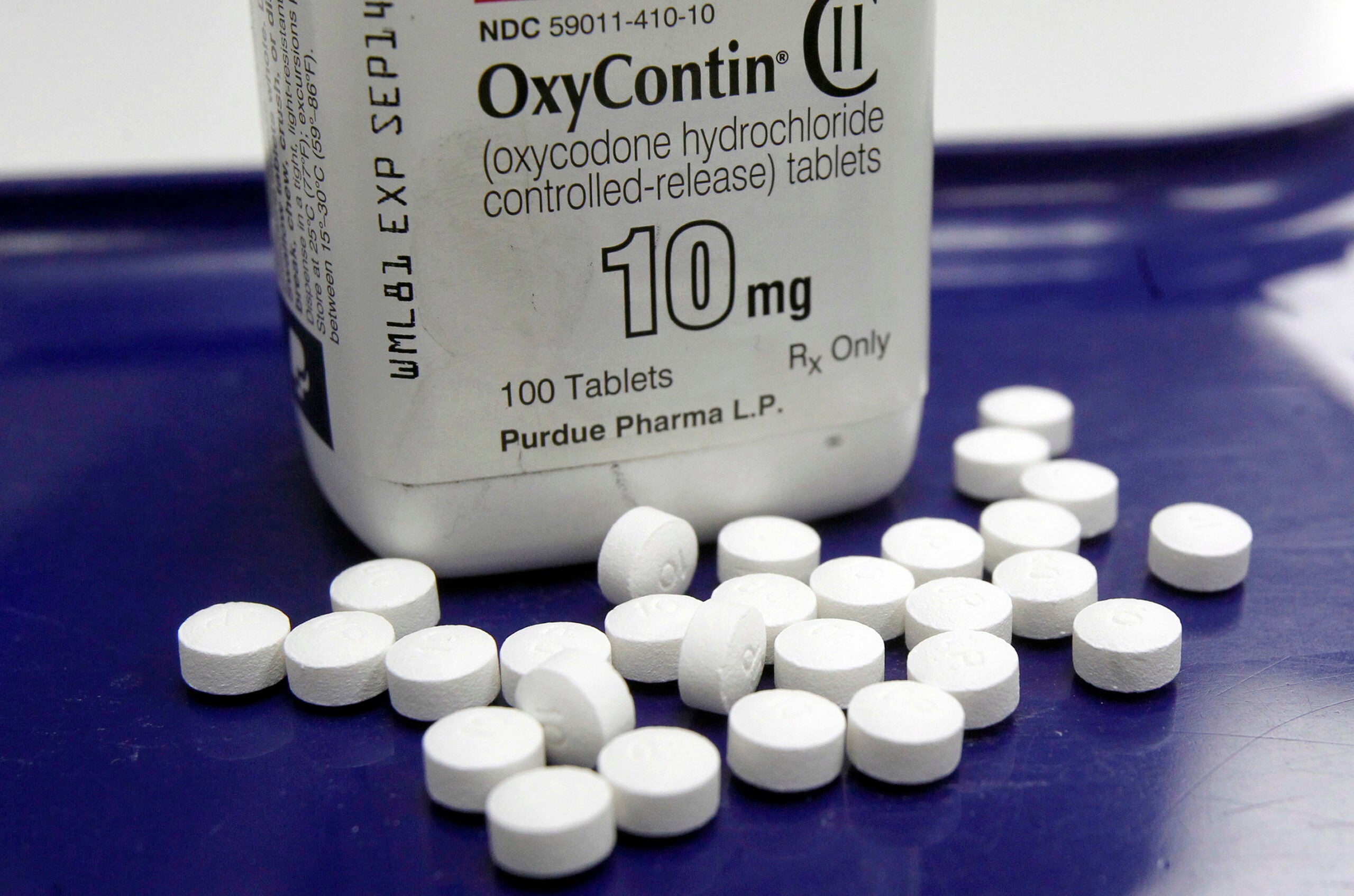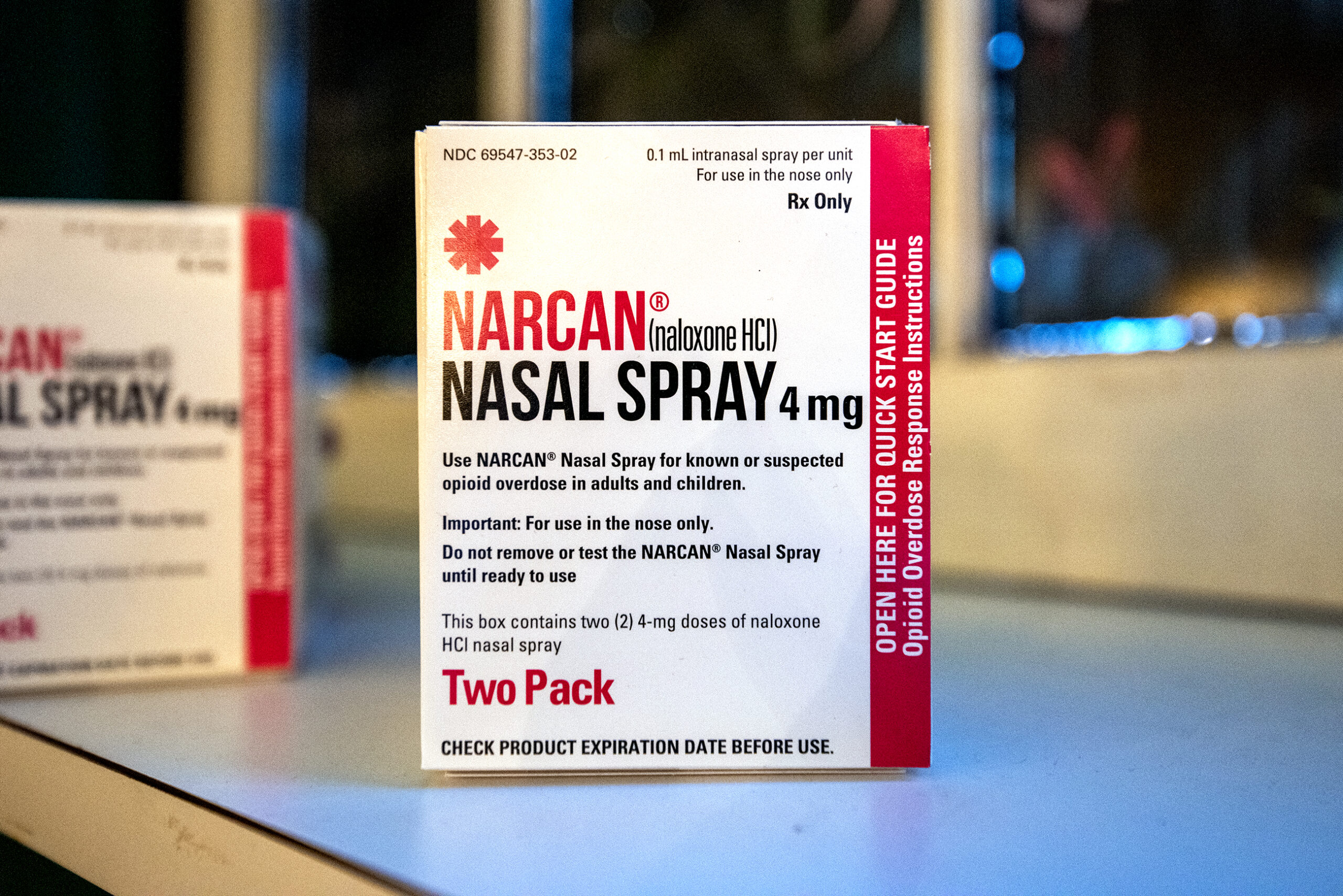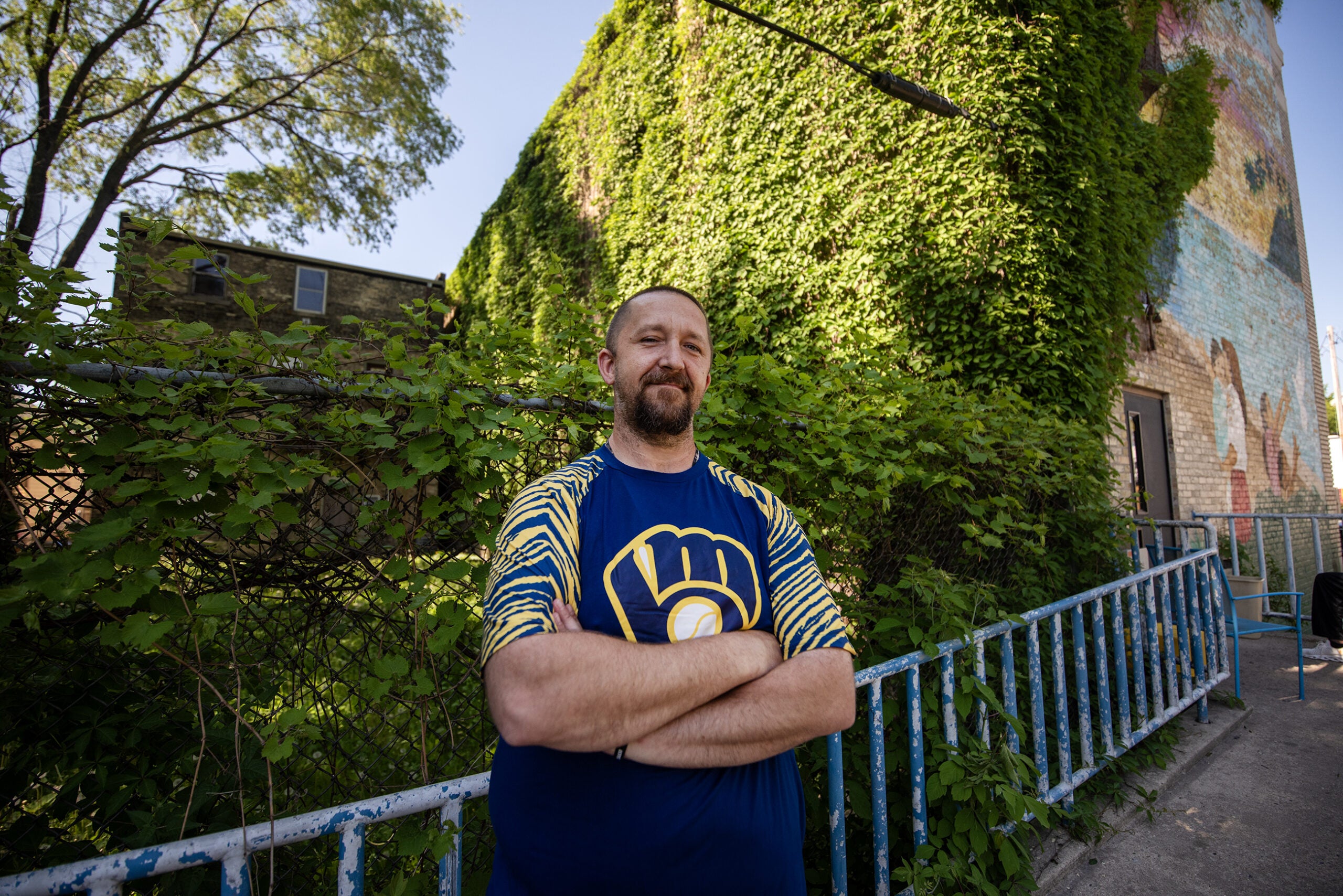Gov. Scott Walker called a special legislative session Thursday for lawmakers to take up a package of bills aimed at addressing Wisconsin’s opioid problem.
By using an executive order to convene the special session, the governor is allowing the legislation to be fast-tracked.
“Some said, ‘Well couldn’t you just bring this up in the State of the State or couldn’t you include some of the discussion in the state budget?’” Walker said during a Thursday press conference. “And, yes, there will be funding in the state budget for some of these things as well, but really we think it’s enough of a crisis it’s important to draw this out on its own.”
Stay informed on the latest news
Sign up for WPR’s email newsletter.
The package of 11 bills includes legal immunity for people who overdose, $63,000 a year for two years going to rural hospital training programs and $1 million a year for treatment centers.
The legislation is based on recommendations from the Governor’s Task Force on Opioid Abuse, co-chaired by Lt. Gov. Rebecca Kleefisch and state Rep. John Nygren.
The task force report also recommended directing the University of Wisconsin System to charter a “recovery school.” Nygren, who has spearheaded opioid legislation in recent years, said other states have had success with similar programs.
“A place that provides treatment and education so a young person who might be suffering with addiction can actually continue their education and have as little disruptions to their lives as possible,” Nygren said.
Kleefisch pointed out another recommendation for $63,000 that would train former addicts to serve as recovery coaches who would work in hospitals and would be able to better relate with patients.
“People might be coming into the ER, they might be pill shopping, but they also may be having symptoms that would lead doctors to believe they might do well meeting with an in-house recovery coach. So this is a way you can triage a situation immediately,” Kleefisch said.
The series of recommendations isn’t completely focused on treatment. One proposed bill calls for the state Department of Justice to hire four agents who will focus on drug interdiction and trafficking.
Walker also signed two other executive orders Thursday. One directs the Wisconsin Department of Health Services to apply for federal opioid crisis grants of $7.6 million annually for two years. The other directs state agencies to take what actions they can to “combat opioid abuse and addiction.”
Wisconsin Public Radio, © Copyright 2024, Board of Regents of the University of Wisconsin System and Wisconsin Educational Communications Board.






